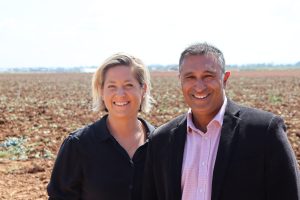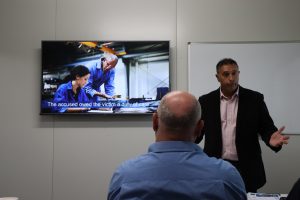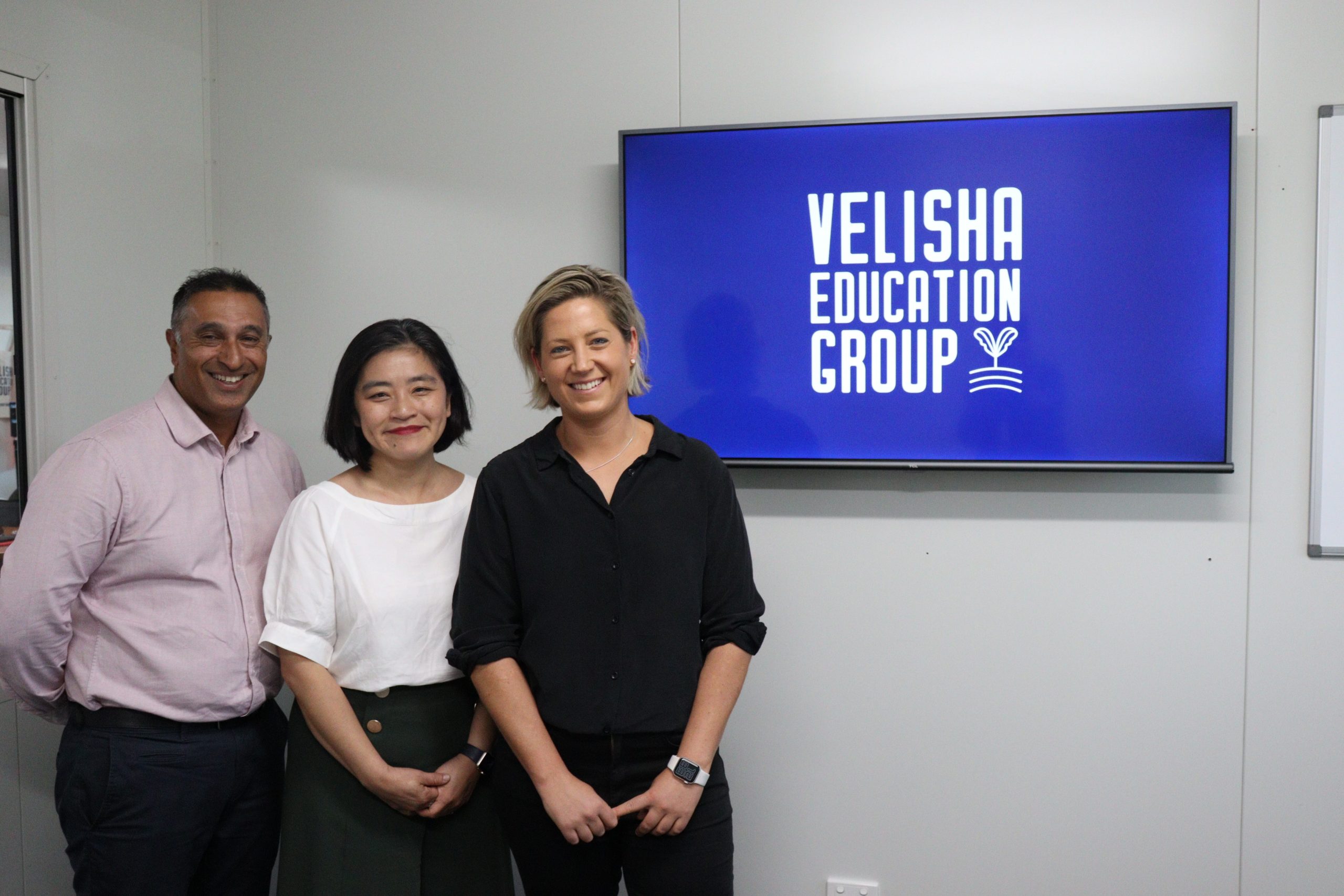Gaining an insight into the world of horticultural business
A program has been established to assist horticultural enterprises navigate their way through the Australian business world. With a focus on compliance and the changing legal landscape, the Velisha Education Group (V.E.G.) offers an insight into real-life examples and case studies from a thriving Victorian vegetable growing operation. Vegetables Australia reports.
Third-generation vegetable grower Catherine Velisha understands the reticence around implementing compliance into a business.
Catherine is Managing Director of Velisha Farms, and she has transformed the small family-owned Victorian growing operation in recent times. However, her decision to step into the legal world to enhance business capabilities wasn’t easy.
“I took over Velisha Farms three years ago and that was an old school business, like many in agriculture. The thought of taking all the steps to become a highly compliant business was very daunting to the point that it was causing anxiety,” Catherine says.
However, Catherine’s fears were allayed when she connected with award-winning RMIT University lecturer Neil Salvador. Neil lectures in employment and safety law and over the past two years has been assisting Velisha Farms in establishing strong compliance processes along with occupational health and safety (OH&S) and human resources matters.
Catherine and Neil soon realised that their combined knowledge could be shared with others who were looking to take that next step and broaden their business horizons. Additionally, interest in Catherine’s business had grown, with grower groups requesting farm and facility tours. Therefore, the pair decided to join forces and establish Velisha Education Group (V.E.G.).
“What makes us unique is that I can talk from a theoretical perspective, while Catherine provides a practical perspective by talking about how you can implement compliance matters into the business,” Neil says.
“The world of business is embedded with compliance obligations. What we try to do is assist employers and business owners navigating through some of these compliance obligations by providing real-life examples of how these things can be achieved.”

Business model
Using Velisha Farms as a business example has proved successful for the V.E.G. Program.
“One of things that we do in our classes is that after we talk about a specific compliance obligation, we go out to Catherine’s business and show what we’ve done and how we’ve done it. We’re not just talking about best-practice, we’re actually demonstrating best-practice,” Neil says.
Catherine agrees.
“What people seem to enjoy is the real conversation around best-practice. I’m very blunt in what works, what doesn’t work, what we’ve achieved, how we’ve had to improve or not improve,” she says.
“It’s not just a shiny show of us being a fabulous business, because we also have issues like every other business, and I think that part makes it really helpful and it allows people to connect. There’s some genuine understanding and empathy coming from myself and from them to me.”
Program activities
During the first half of this year, Neil and Catherine have been offering two presentations for those interested in building their business compliance knowledge.
These have been delivered via video conference (using Zoom), or participants have tuned into the live stream on YouTube. Recordings have also been made available on YouTube.
One presentation was helping participants to navigate understanding the business implications of The Victorian Workplace Safety Legislation Amendment (Workplace Manslaughter and Other Matters) Bill 2019. This will be implemented on 1 July 2020.
The next presentation focused on COVID-19, and outlined best-practice frameworks and compliance precautions, using the Fair Work, Occupational Health & Safety Acts as its foundation to implement simple and clear steps immediately in your business.
“Participants received information about how to protect themselves. I think even for me, having someone like Neil being able to walk through this hand-in-hand makes you far more likely to be proactive and comply, because you feel like there’s support and you have the knowledge,” Catherine says.
Previously, there have been other one-day programs focusing on subjects such as the importance of leadership; innovation and evolution; market competitiveness; and capital and future growth.

Next steps
The V.E.G. Program is looking to expand its capabilities and international reach, particularly as Catherine undertakes a Nuffield Scholarship, which will see her travel around the world over the next 12-18 months.
“We’ve got a lot of interest from different organisations wanting us to do both in-house training and to attend our training sessions. And what we’re seeing is that different organisations have different needs. Some are in different places in terms of their compliance obligations – there are some that are advanced, where some aren’t that advanced at all,” Catherine says.
Obtaining registered training organisation (RTO) accreditation is also on the agenda.
“Because we’ve had interest from other states, we just need to make sure that we are compliant from a national perspective. So, we see the RTO route as a way in which to channel that,” Neil says.
In the meantime, Catherine has a message for businesses who were in her position three years ago.
“As we started to introduce really strong processes and compliance, I realised that this was something that was of real benefit to business and not something to be feared,” she says.
“I just want to help other businesses to not fear it (and subsequently avoid it).”
Find out more
Please visit velishafarms.com/education, or email Catherine Velisha at catherine@velivelisha.com.au or Neil Salvador at neil@ns8group.com.au.
This article first appeared in the winter 2020 edition of Vegetables Australia. Click here to read the full publication.

